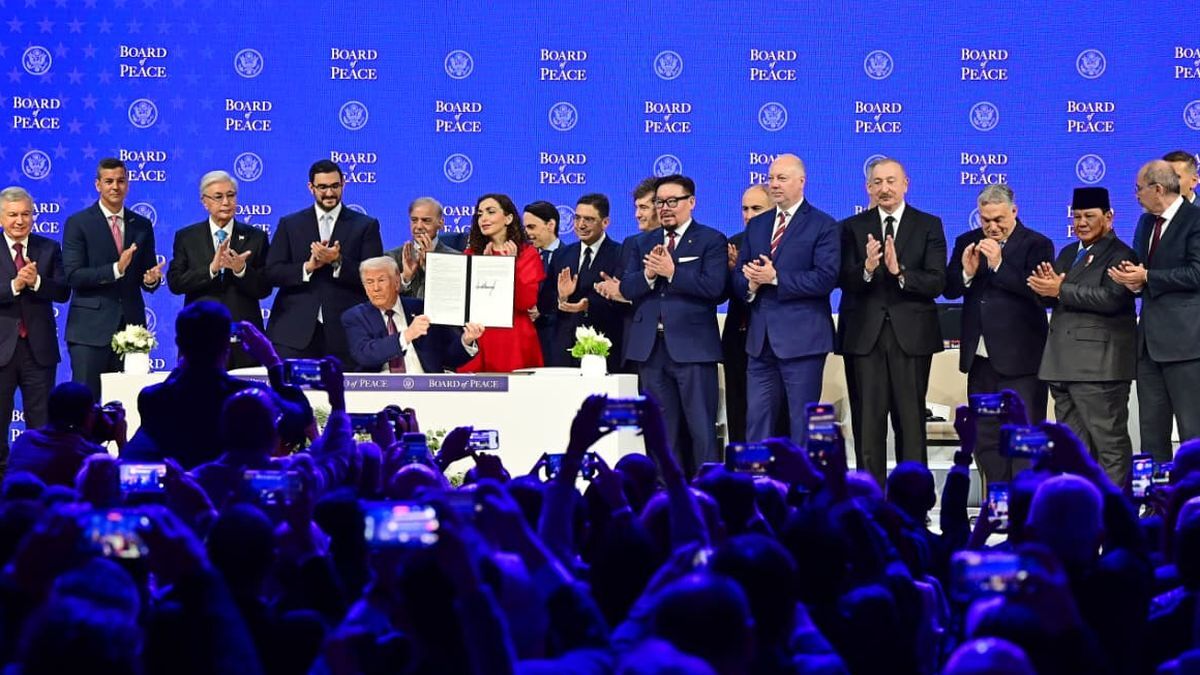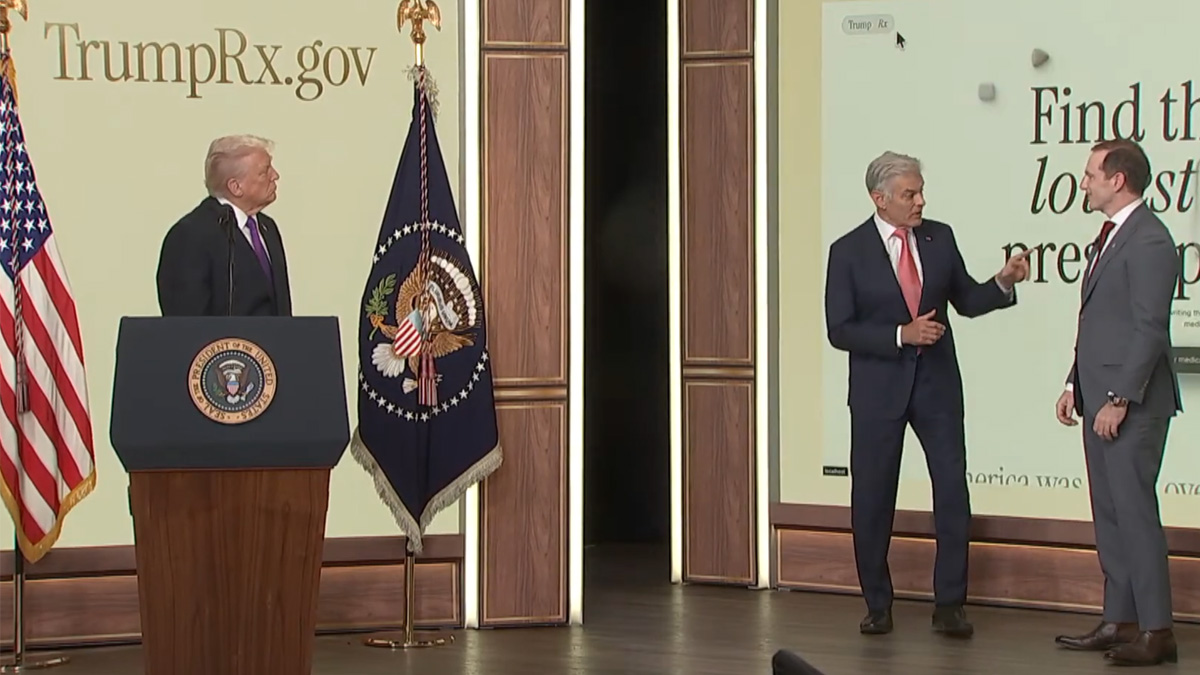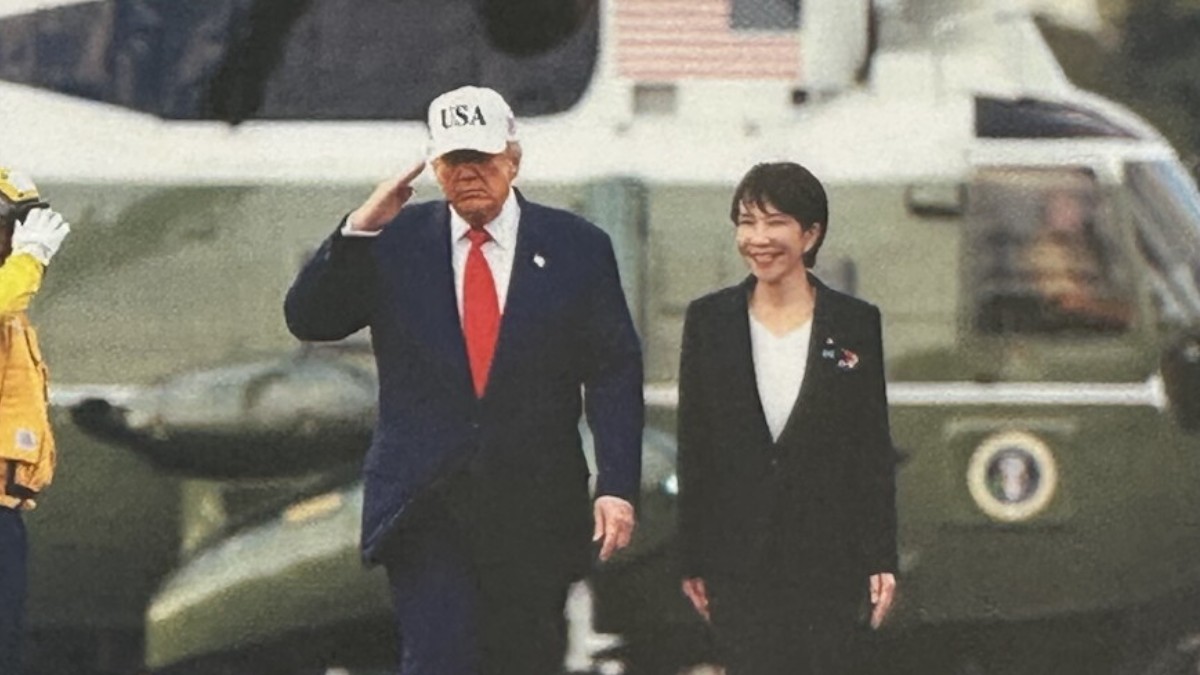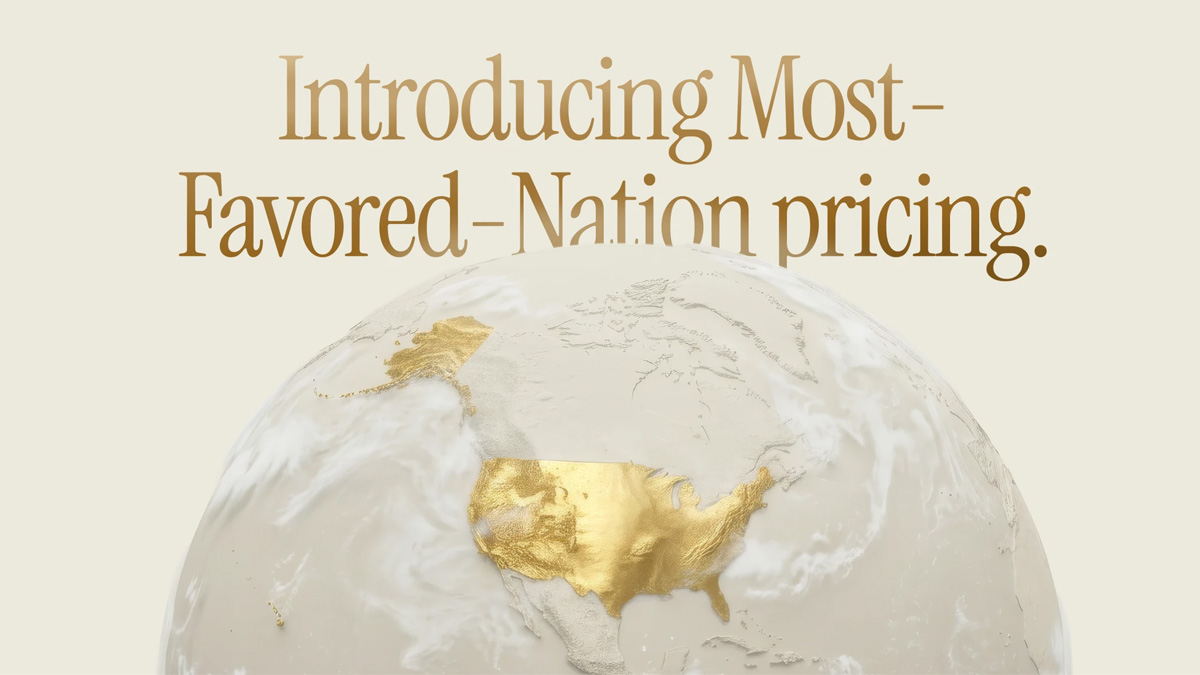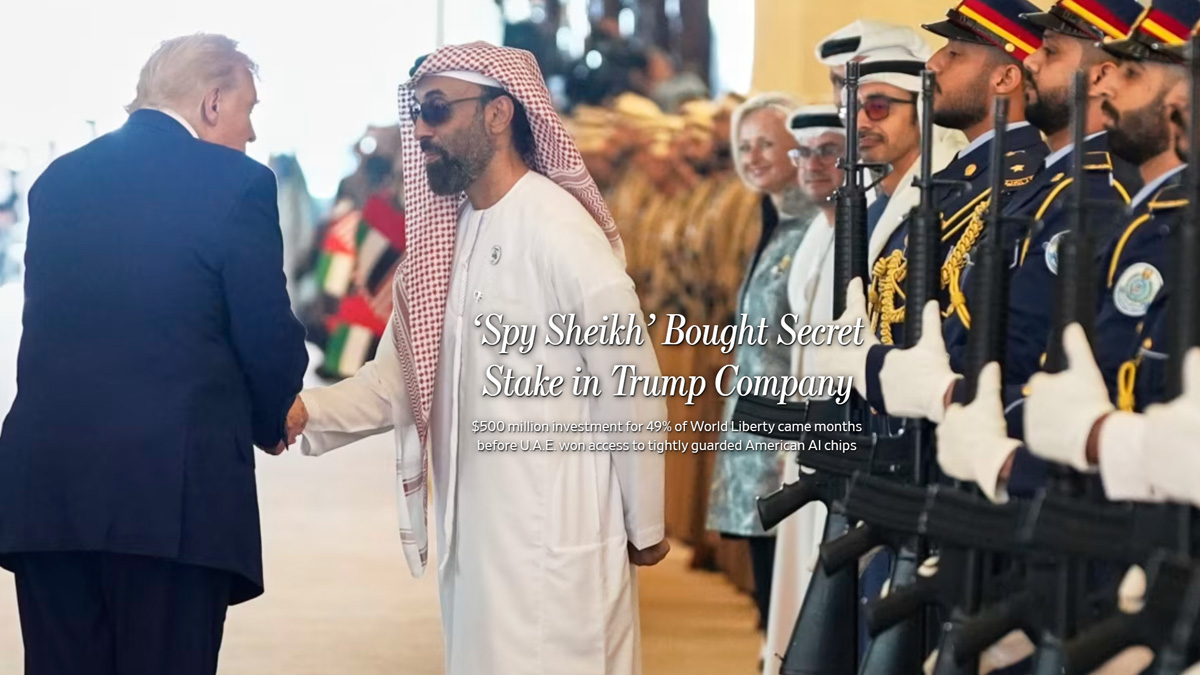US court blocks Trump’s “Liberation Day” tariffs, ruling president exceeded authority
A US federal trade court has blocked Donald Trump’s “Liberation Day” tariffs, ruling that the former president exceeded his authority under the International Emergency Economic Powers Act. The decision halts one of Trump’s signature trade policies, though his administration has already filed an appeal.
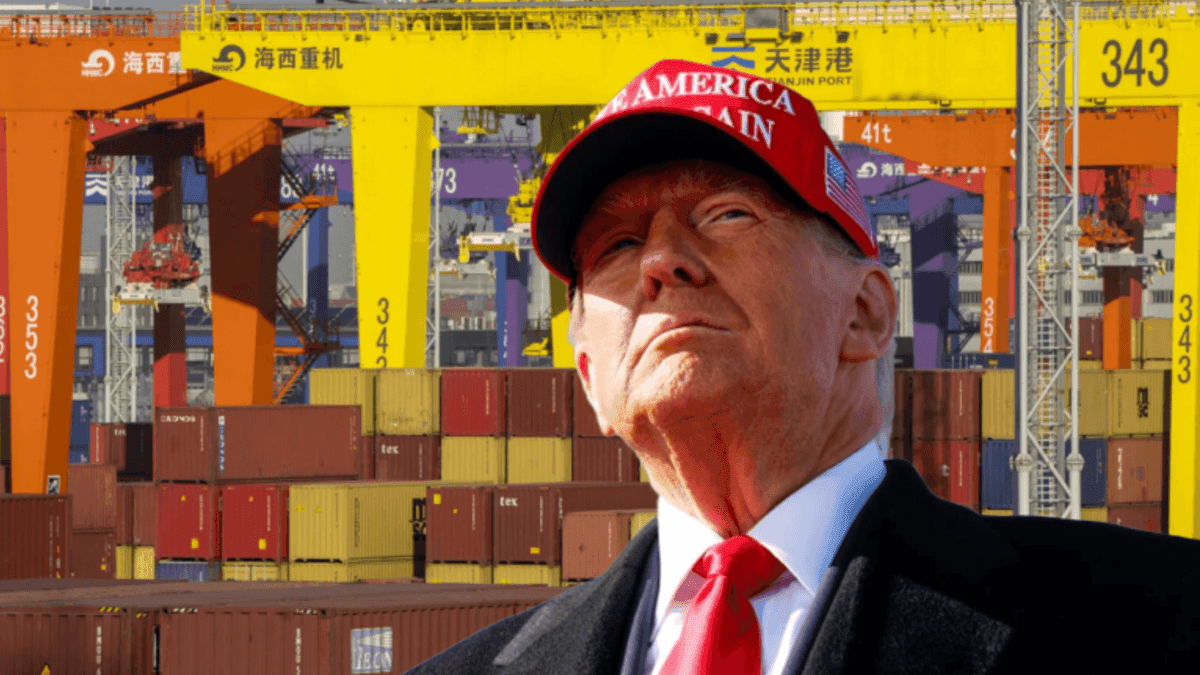
- The US Court of International Trade blocked Donald Trump’s “Liberation Day” tariffs on 28 May 2025, ruling he exceeded powers under IEEPA.
- The tariffs targeted imports from trade deficit countries, sparking lawsuits from states and businesses.
- Singapore’s Prime Minister Lawrence Wong warned at the ASEAN Summit that the tariffs marked a retreat from multilateralism.
A United States federal trade court has blocked former President Donald Trump’s controversial “Liberation Day” tariffs, halting a key component of his trade policy agenda.
The ruling, delivered on 28 May 2025 by a three-judge panel at the New York-based Court of International Trade, found that Trump exceeded his authority under the International Emergency Economic Powers Act (IEEPA).
The proposed tariffs would have imposed sweeping duties on imports from countries with which the United States has a trade deficit, affecting a wide range of global trading partners.
“The Worldwide and Retaliatory Tariff Orders exceed any authority granted to the President by IEEPA to regulate importation by means of tariffs,” the court wrote in its decision.
The Trump administration has already filed an appeal, asserting that it is not for “unelected judges to decide how to properly address a national emergency”.
The decision is a blow to Trump’s effort to redefine US trade relations through unilateral action.
His administration argued that longstanding trade deficits represent a national emergency that justifies executive intervention under IEEPA.
The IEEPA, enacted in 1977, allows the president to address “unusual and extraordinary threats” during national emergencies, but does not explicitly grant tariff-imposing powers.
Legal challenges mount against Trump’s tariff orders
At least seven lawsuits have been filed challenging the tariffs.
These include a case brought by small businesses such as New York-based wine importer VOS Selections, whose owner warned the tariffs could force his firm to shut down.
A coalition of 12 states, led by Oregon, also joined the legal fight.
Oregon attorney general Dan Rayfield stated, “This ruling reaffirms that our laws matter, and that trade decisions can’t be made on the president’s whim.”
Trump had imposed tariffs on countries worldwide, including key trading partners like Canada, China and Mexico.
His administration linked the levies to concerns over immigration and the inflow of synthetic opioids, asserting that such challenges required emergency economic measures.
However, critics noted that the US has operated under a trade deficit for 49 consecutive years, casting doubt on whether the condition constitutes an “unusual and extraordinary threat” as required under IEEPA.
The administration cited precedent from 1971, when then President Richard Nixon imposed emergency tariffs during a financial crisis.
Trump’s legal team maintains that only Congress can determine whether an emergency justifies such action, not the judiciary.
Economists have widely criticised the Liberation Day tariffs, which were announced on 2 April.
The sweeping nature of the duties shocked financial markets and prompted analysts to revise their forecasts for US economic growth.
Trump branded the tariffs as a form of economic liberation, aiming to end the decades-long reliance on foreign production. But the court’s decision has cast a shadow over this policy initiative.
PM Wong: US tariffs mark retreat from multilateralism
Internationally, Trump’s announcement triggered swift responses. On 8 April, Singapore Prime Minister Lawrence Wong announced the formation of a special task force in response to the proposed tariffs.
The task force, chaired by Deputy Prime Minister Gan Kim Yong, was tasked with assessing the potential impact on Singapore’s economy and preparing support measures.
Gan revealed that a baseline 10 per cent tariff on Singaporean imports had been deemed non-negotiable by the US administration. However, he expressed hope that Singapore’s pharmaceutical exports might be spared additional sectoral levies.
He also assured that the Singapore Government stands ready to enhance support schemes for businesses and workers if global conditions worsen.
At the 46th ASEAN Summit on 26 May in Kuala Lumpur, PM Wong criticised US tariffs as a step away from multilateralism, warning they could make global cooperation more difficult.
He outlined three key responses for ASEAN: continued engagement with the US, deeper regional integration, and addressing non-tariff barriers.
Wong called for full tariff elimination within the ASEAN Free Trade Area and faster implementation of long-agreed economic agreements.
He also urged ASEAN to step up efforts in emerging sectors like the digital economy and regional energy integration.
Wong encouraged more ASEAN members to join the Comprehensive and Progressive Agreement for Trans-Pacific Partnership (CPTPP) to strengthen external trade ties.


